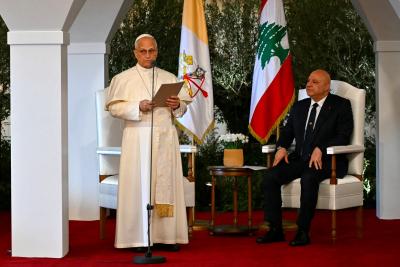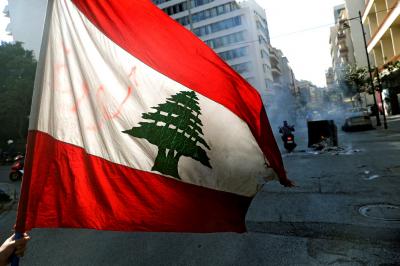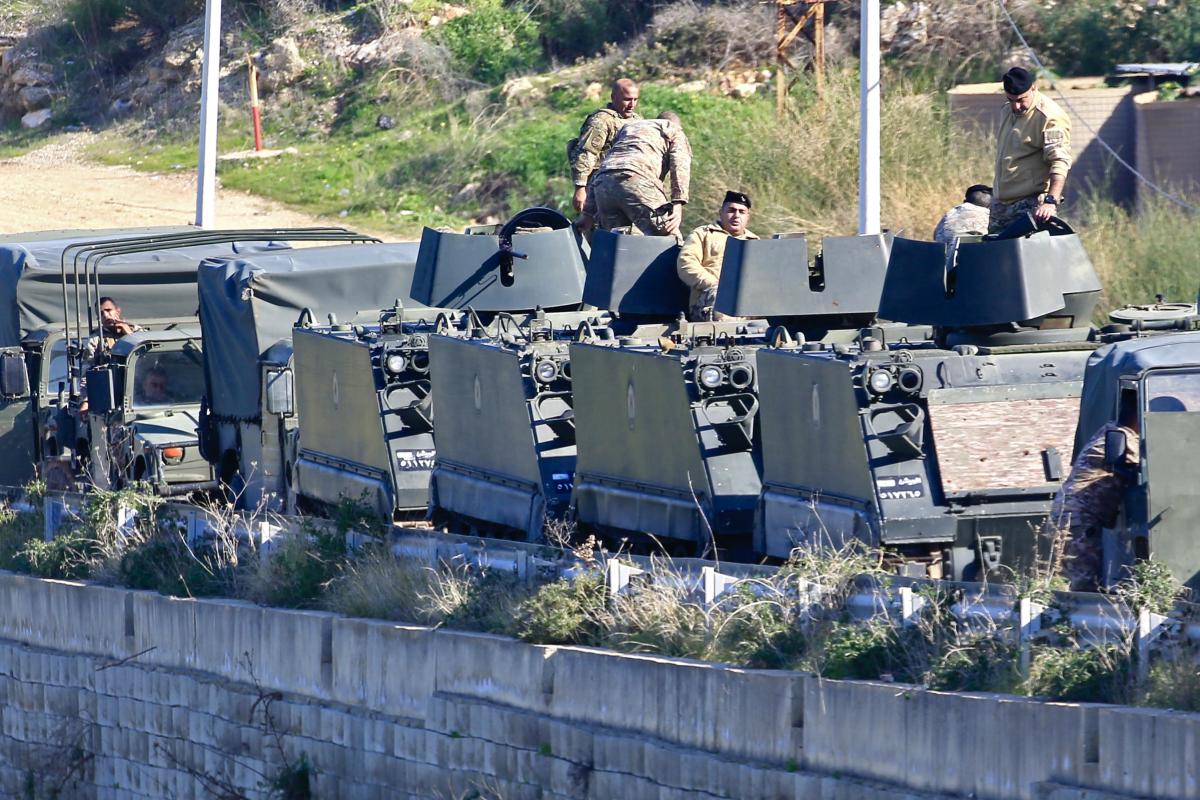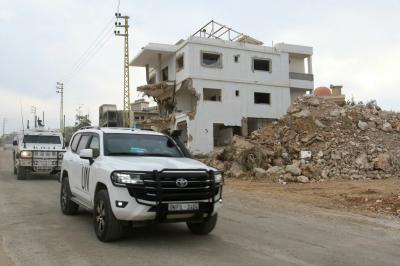As soon as the cease-fire agreement between Israel and Lebanon was announced on 27 November 2024, "Hezbollah," the main Lebanese party concerned with that agreement, moved to abort it.
The agreement explicitly stipulated Lebanon's full commitment to the implementation of UN Resolution 1701 and all related resolutions, including the disarmament of all armed groups in the country. It further emphasized that "the only forces authorized to bear arms in Lebanon are the Lebanese Army, the Internal Security Forces, the General Security agents, the State Security agents, Lebanese Customs, and municipal police."
Yet, just three days after the agreement was announced, "Hezbollah's" Deputy Secretary-General, Sheikh Naim Qassem, hailed a "great victory in the battle, surpassing even the 2006 war’s triumph." He further insisted that the cease-fire agreement was merely an "implementation framework for Resolution 1701 under the umbrella of Lebanese sovereignty" claiming that their "right to self-defense intact."
Six weeks later, Qassem reiterated his stance at the 13th International Conference, "Gaza: Symbol of Resistance," stating that the agreement applied "exclusively south of the Litani River." He described Resolution 1701 as merely a “general framework,” claiming that the fate of their weapons "will be discussed in the framework of a national defense strategy."
What Qassem omitted, however, was that the agreement explicitly mandated the dismantling of all facilities involved in weapons manufacturing, the prevention of new military installations, and the confiscation of all unauthorized arms—not only south of the Litani but starting from there.
The fate of "Hezbollah's" weapons is not solely dictated by this agreement. President Joseph Aoun’s inaugural address also underscored the state’s exclusive right to bear arms and its commitment to strengthening the Army to secure borders, uphold international resolutions, respect the armistice agreement, and prevent Israeli incursions.
Hezbollah’s attempt to justify its armed presence under the pretext of a national defense strategy was no match to President Aoun's commitment to a comprehensive defense policy, which must be part of a broader national security strategy encompassing diplomatic, economic, and military dimensions, explicitly emphasizing that only the Lebanese state, "not Hezbollah" will be responsible for repelling Israeli aggression and securing the nation’s sovereignty.
In alignment with Aoun’s position, Prime Minister-designate Nawaf Salam reinforced the government’s commitment, stressing the importance of full implementation of Resolution 1701 and the cease-fire agreement, reaffirming the state’s duty to extend its authority over all Lebanese territories through its official institutions, as mandated by the Taif Agreement.
When considering this trifecta—the cease-fire agreement, Aoun’s presidential address, and Salam’s declaration, alongside international pressure and a shifting regional landscape, "Hezbollah's" military arm faces an existential crisis. Its weapons, once touted as a deterrent against Israel, have proven ineffective and its critical supply route has been severed with the fall of the Assad regime in Syria.
The fate of "Hezbollah's" arsenal now appears confined to three possibilities:
• Destruction by Israel, whose strikes have already destroyed dozens of "Hezbollah's" weapon depots.
• Hand over its weapons to the Lebanese Army or return them to their source, Iran, as other militias did in the early 1990s under the Taif Agreement.
• Gradual obsolescence – If Hezbollah refrains from using its arms against Israel in the south and remains unable to deploy them domestically, its arsenal risks becoming little more than rusting scrap metal. The mere threat of another armed uprising is nothing more than rhetorical bravado aimed at rallying Hezbollah’s base. The Lebanese Army is a redline, as is civil peace, in the eyes of the President, Lebanon’s allies, and the international community.
Hezbollah is thus at a crossroads. Denial and deflection will no longer suffice. The party must choose between three paths: surrendering its weapons to the Lebanese state, watching them deteriorate into useless relics, or leaving them as easy prey for Israeli airstrikes.
Please post your comments on:
[email protected]
 Politics
Politics













